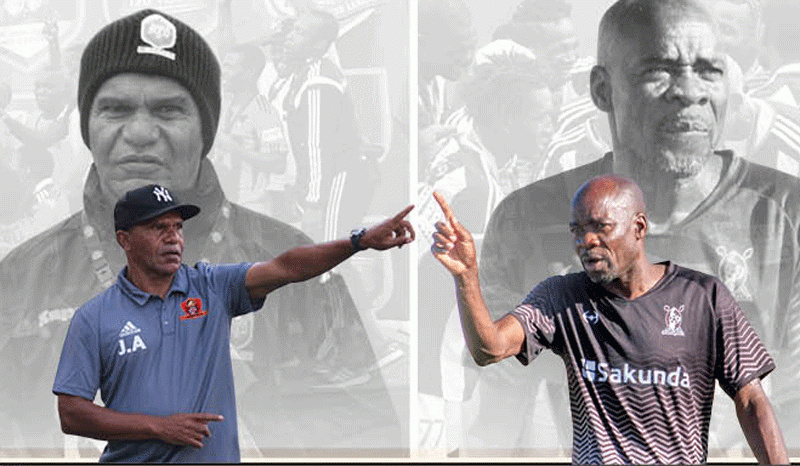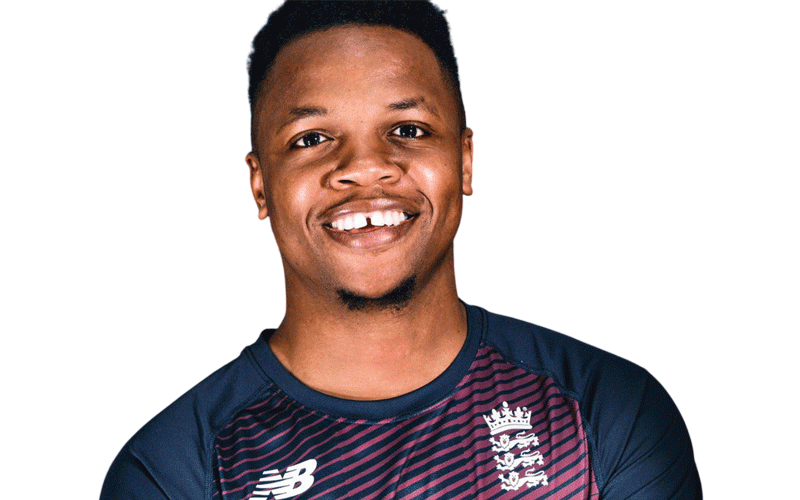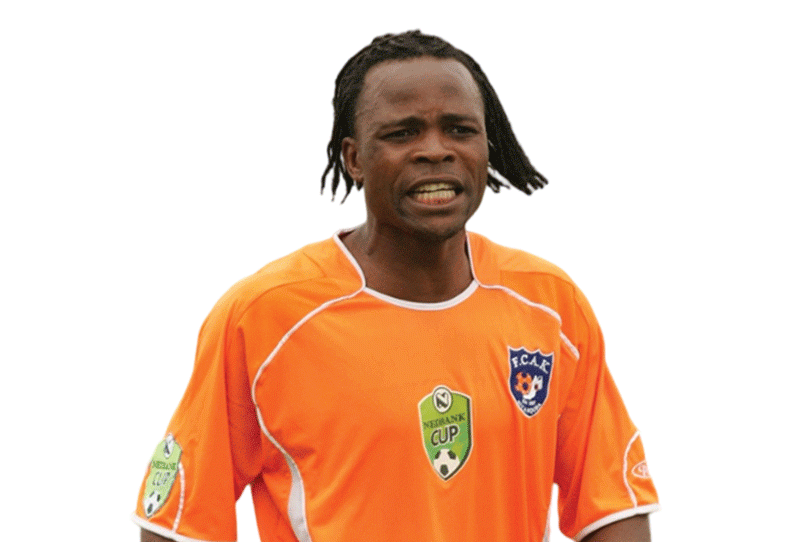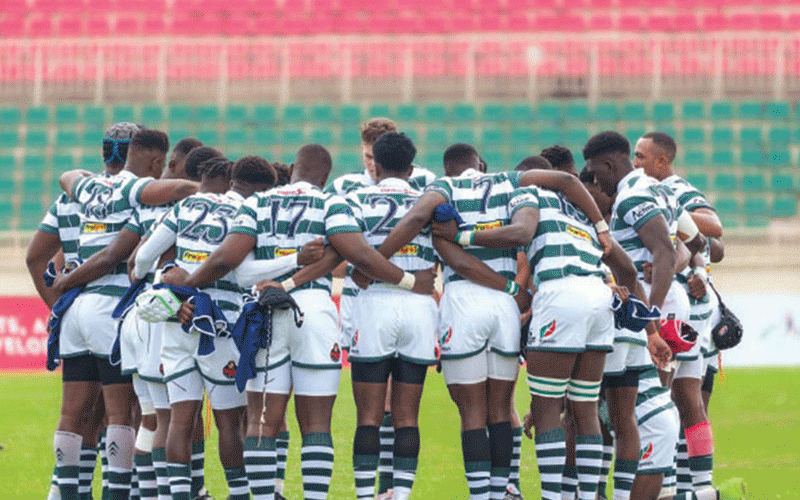
School Of Sport: BY TIM MIDDLETON
At first glance, it may not be obvious how Shakespeare and Star Wars are connected, nor indeed what either of them have to do with sport. Let us then cast a second look and find out the connection. The most often-quoted line from Star Wars is generally accepted as Yoda’s famous line in The Empire Strikes Back, where he stated, “Do. Or do not. There is no try.” Jordan Spieth, the highly successful American golfer and winner of several golf Majors already, has referred to that line in explaining his own winning philosophy of golf, while scholars (as opposed to sportsmen) might recognise a similarity to Hamlet’s well-known line, “(To) be. Or not (to) be. That is the question.” Our question today is this: is Yoda’s (or Spieth’s) statement helpful for children learning sport?
Many people will argue against the view that, “There is no try”. Many coaches will encourage children to try, try and try again; “people will never succeed if they do not try”, they will say. Children must not be scared to try something that they have not done before; they must not be worried about failing or falling. No-one has ever mastered anything at the first attempt so everyone must keep trying. Nothing comes without hard work and attempting. Players will never score a goal if they do not try to shoot. Players must never be left wondering if they could have achieved success if they had only tried harder. Not everyone can be the best but everyone can try their best. Triumph, we are told, will only come through ‘try’ and ‘oomph’. Surely there is ‘try’?
Golfer Ben Curtis may be one of only a few golfers to win a Major on their first attempt (perhaps his philosophy was, ‘Do. Or do not’) but Sergio Garcia will reckon it was worth the wait and the effort, when he won his first Major title on his 74th attempt (the afore-mentioned Jordan Spieth only won his first Major on his ninth attempt). Lee Westwood has competed in 89 Majors but has never won one — try telling him to stop trying! There is a need to try, opponents of Yoda would argue.
We do need, however, to consider what might be the reasoning behind the Yoda mantra. Spieth sees the mantra as saying he must, “Be patient; fear nothing; focus on the moment”. The battle is in the mind though the action is on the sports field; the mind must handle the pressure and intensity. There is no room for doubt or uncertainty; there is no place for half-heartedness. Every player must be clear in his thinking and maintain a positive mental health. There is no place for hesitancy, only choice, as Hamlet discovered to his cost.
At the same time, the mantra ‘Do. Or do not’ is saying that players must believe in what they are doing and in their own ability. Players who ‘try’ are perhaps those who do not believe and are not sure if they are right. If we do not believe we can do it, we will not do it. A high jumper will fail if he does not see himself clearing the bar. Do it because you believe you can do it.
Similarly, Yoda’s philosophy speaks of commitment being essential if victories are to be won. On a smaller individual scale, every coach will tell his young players they must go into every tackle one hundred percent or they will be injured. They must commit to the tackle and to the challenge, not hit and hope. Trying to tackle will not win the tackle; just tackle!
Ultimately, ‘Do. Or do not’ is affirming that we know that what we are doing is the right thing (the ‘do’) and the other way is the wrong way. It is as simple as that. We do what we believe is right; we do not try. We do not try to see if it will work but we do it as we know it is right — and if it does not work out as planned then we may just be doing it incorrectly and so we must change the way we are doing it. Whichever way, we do it.
- Chamisa under fire over US$120K donation
- Mavhunga puts DeMbare into Chibuku quarterfinals
- Pension funds bet on Cabora Bassa oilfields
- Councils defy govt fire tender directive
Keep Reading
The battle to become a sports star is a fierce one. It is a complicated one. Hamlet, while not being a sportsman, faced a similar choice, “To be or not to be. That is the question.” Yoda says, “Do. Or do not.” That was no question; we may take it instead as advice, an instruction or even an ultimatum. He in effect is saying, “Yes. Or no. There is no maybe” (which presumably means the force may not be with you). The sports star wars is won in the mind; sporting empires are built (and strike back) there. There is no try to be scored in rugby if we do not ‘do’. “Do. Or do not. There is no try”.
Tim Middleton is a former international hockey player and headmaster, currently serving as the Executive Director of the Association of Trust Schools Email: [email protected]











